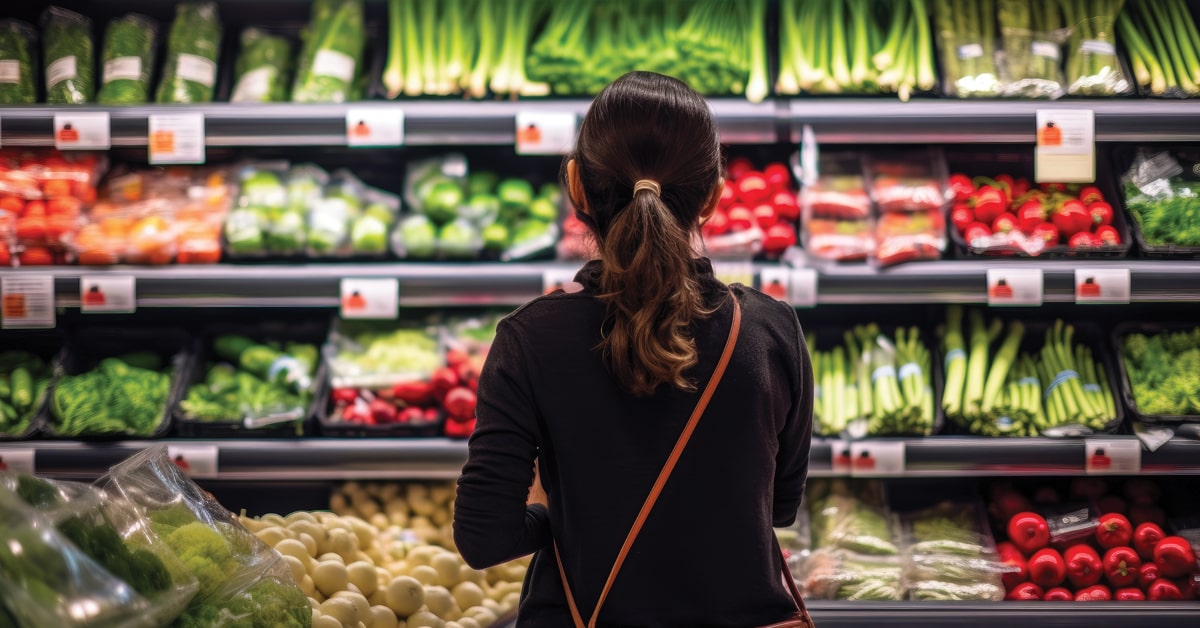
By Cynthia Corzo
Politically conservative consumers are less likely to purchase imperfect fruits and vegetables – non-uniform in shape, color or texture – versus their liberal counterparts, new research from FIU Business shows.
The researchers zeroed in on how political ideology might influence consumers' purchases after observing a connection between the increasing levels of global food insecurity and political divisions. They found that the effect is also driven by conservatives' lower openness to new experiences compared to liberals.
The paper was published in the December 2023 issue of scientific journal Appetite, which specializes in normal and disordered eating and drinking in animals and humans.
By uncovering the effect of political ideology on preference for imperfect produce, the researchers wrote, their study can nudge food producers and marketers to reduce food waste, as one likely cause of food waste is consumers' rejection of ugly or imperfect produce.
Jayati Sinha, associate professor of marketing and logistics at FIU Business, was one of the researchers. She and her colleagues noted the study's findings are also relevant for retailers and food marketers, as sellers of imperfect foods may use the information to identify relevant customer segments.
Across four online studies with nearly 1,400 U.S. respondents and, using different designs for each study, participants were shown various boxes of fruits and vegetables and indicated their preference along with measures of political ideology. Researchers identified political ideology as a moderating factor of consumers' aversion to buy imperfect fruits and vegetables, and consumers openness to experience drives this effect.
A third study examined whether conservatives had a weaker preference for imperfect fruits and vegetables versus perfect fruits and vegetables because they are less open to new experiences. Participants were asked to indicate how each of 10 characteristics, including "inventive" and "curious about many different things" could apply to them.
The researchers recommend marketers target their products to the right customers and avoid spending marketing dollars on shoppers who are less likely to purchase imperfect produce. Additionally, both marketers and NGOs can minimize food waste by enhancing consumers' openness to experience via knowledge sharing.
Sinha conducted the research with Aylin Aydinli of Vrije Universiteit Amsterdam, Fang-Chi Lu of The University of Melbourne, Ernest Baskin of Saint Joseph's University, and Shailendra Pratap Jain of the University of Washington.